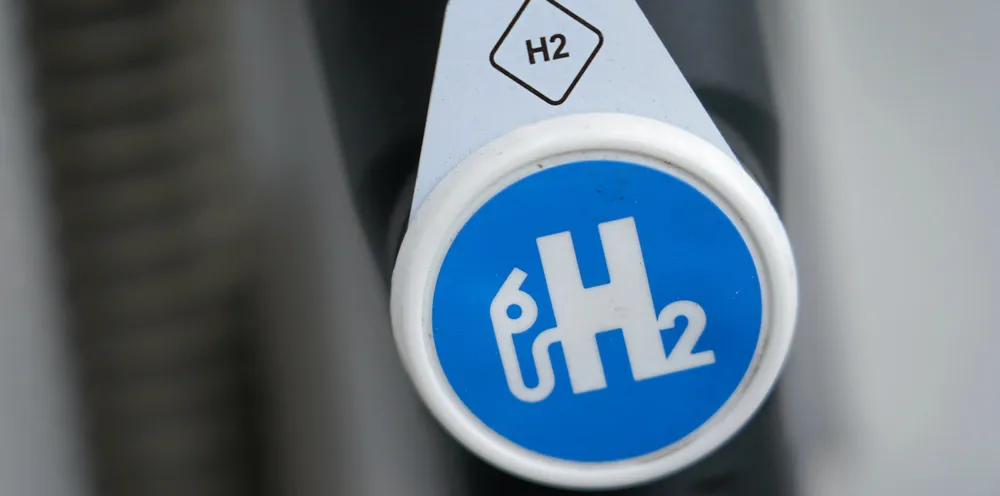Blue hydrogen 'worse than gas for the climate': landmark study's damning verdict
Academics from Cornell and Stanford universities brand blue H2 with carbon capture a 'distraction' from genuinely green options in what's claimed as first-of-a-kind research
